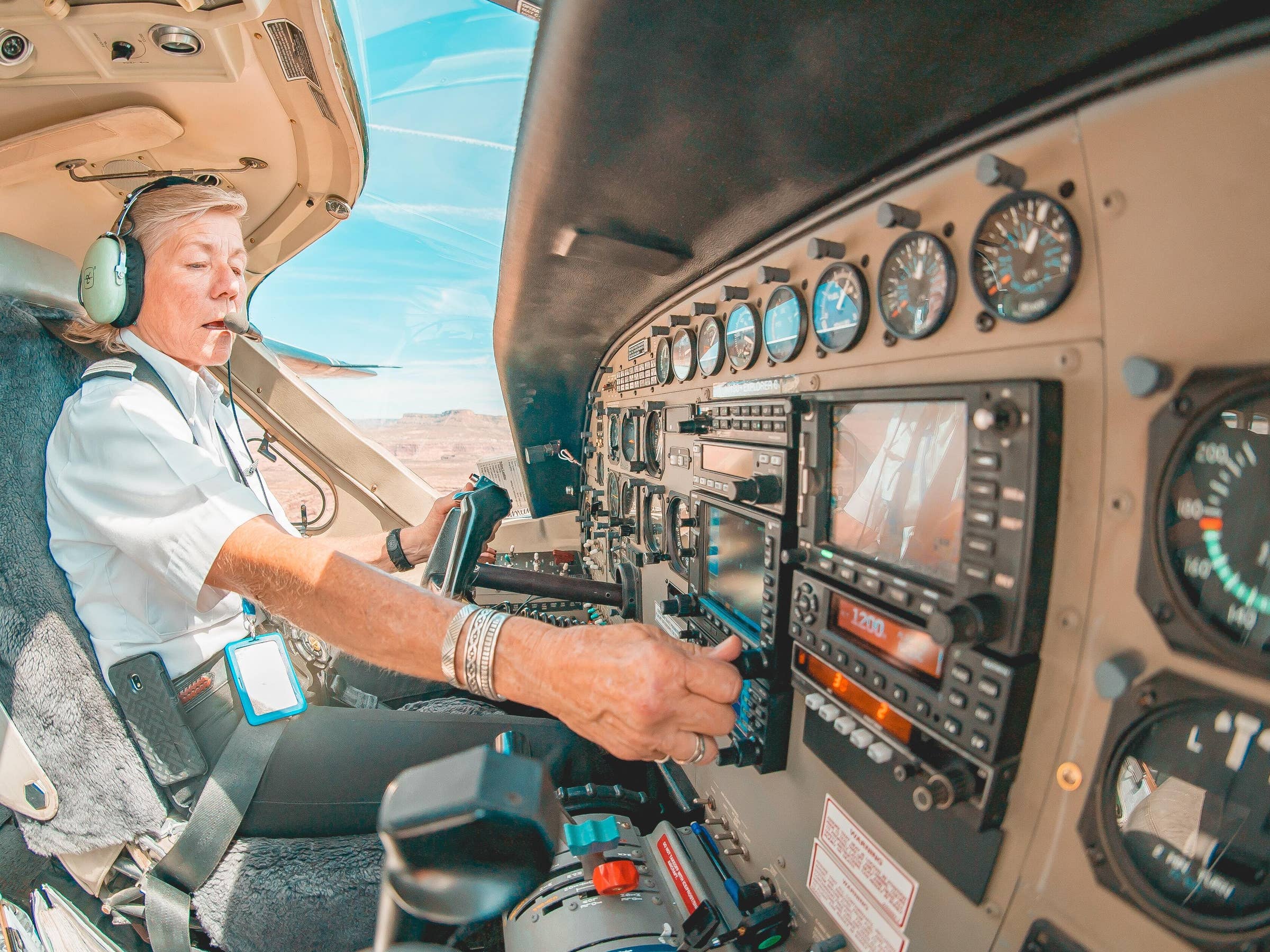Flying High and Beyond: The Future of Pilot Education Unveiled

The world of aviation is ever-evolving, with advancements in technology and changing global dynamics shaping the future of pilot education. Aspiring aviators and seasoned pilots alike must stay ahead of the curve to meet the demands of an industry that values innovation, safety, and efficiency. If you dream of soaring through the skies, learning how to become a pilot is the first step towards making that dream a reality. In this in-depth exploration, we will uncover the exciting developments that are revolutionizing pilot education and equipping pilots with the skills to soar high and beyond. So fasten your seatbelts and prepare for a journey into the future of aviation education!
Embracing Technological Advancements
1. Flight Simulators and Virtual Reality (VR)
Modern flight simulators and VR technologies have transformed pilot training. These cutting-edge tools offer realistic flight experiences, allowing students to practice a wide range of scenarios without leaving the ground. Simulators enhance safety and reduce training costs while providing invaluable hands-on experience.
2. Artificial Intelligence (AI) in Aviation
AI is making significant strides in aviation, from aircraft automation to pilot training. AI-driven programs analyze vast amounts of data to identify patterns, optimize flight paths, and enhance decision-making processes. Future pilots will be well-versed in AI applications, ensuring safer and more efficient flights.
Sustainable Aviation: The Green Revolution
1. Eco-Friendly Aircraft
The future of aviation education involves training pilots on eco-friendly aircraft. Electric and hybrid planes are becoming increasingly viable, and pilots must adapt to the unique characteristics and operational considerations of these sustainable flying machines.

2. Environmentally Conscious Operations
Pilot education is shifting towards promoting environmentally conscious practices, such as fuel-efficient flight planning and reduced emissions. Pilots will play a pivotal role in the industry’s efforts to minimize its carbon footprint.
Remote Learning and E-Learning Platforms
1. Flexible Education
The advent of remote learning and e-learning platforms allows aspiring pilots to access training materials and courses from anywhere in the world. This flexibility empowers individuals to pursue their dreams of becoming pilots without geographical constraints.
2. Interactive Learning
E-learning platforms leverage multimedia and interactive content to create engaging learning experiences. From interactive quizzes to 3D visualizations, pilots can now immerse themselves in educational content that enhances their understanding of aviation concepts.
Cultural Competence and Diversity in Aviation
1. Embracing Diversity
The aviation industry is recognizing the importance of cultural competence and diversity in the cockpit. Pilot education now includes training on cross-cultural communication, fostering an inclusive environment that celebrates diversity.
2. Global Collaboration
Pilots often work with multinational crews and interact with passengers from diverse backgrounds. Cultural education prepares pilots to navigate these interactions effectively and fosters collaboration in the global aviation community.
Mental Health and Well-Being
1. Mental Health Awareness
Pilots undergo rigorous training on the importance of mental health and stress management. Recognizing the demanding nature of the profession, aviation education emphasizes coping mechanisms to ensure pilots maintain their well-being.
2. Resilience Training
Pilots are trained to handle high-pressure situations and unexpected challenges. Resilience training equips them with the tools to adapt and make sound decisions, even in the face of adversity.
Addressing Cybersecurity Risks
1. Cybersecurity Training
With the increasing reliance on technology, pilot education includes cybersecurity awareness to safeguard critical aviation systems from cyber threats. Pilots are trained to recognize and respond to potential vulnerabilities.
The Rise of Space Aviation
1. Spaceflight Education
As space exploration becomes more accessible, pilot education is expanding to include spaceflight training. Aspiring space pilots are equipped with the skills to operate spacecraft and navigate the unique challenges of space travel.
Conclusion
The future of pilot education is an exciting blend of technology, sustainability, diversity, and adaptability. Aspiring pilots must embrace these advancements to navigate the ever-changing skies with confidence and competence. The aviation industry’s continued commitment to innovation ensures that pilot education remains at the forefront of progress, paving the way for a new era of aviation excellence.
Leave a Reply